Iran
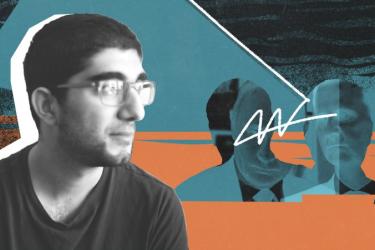
Joey Ayoub: 'The fall of Putin's regime could lead to the collapse of Assad and the Iranian regime'
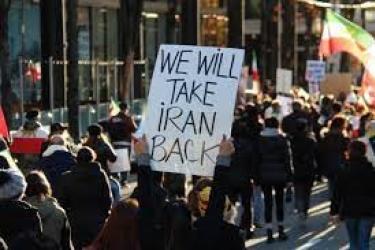
Collective statement: Build a campaign to defend and raise the voice of the Iranian revolution

Statement on the current demands of independent trade union and civil organisations in Iran

Should the Kurds prepare for another betrayal in Iran's revolution?
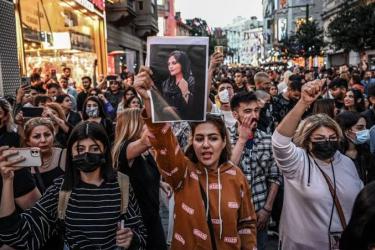
Iran: Support for the “Woman, Life, Freedom” Uprising - No to executions!
Since the murder of Jina-Mahsa Amini on September 16 by the morality police, a popular uprising unprecedented in its scope, depth and duration has shaken the Islamic Republic of Iran.
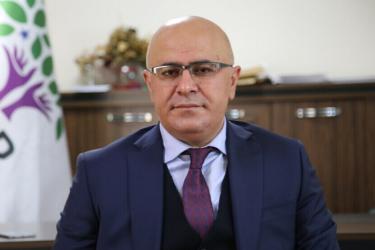
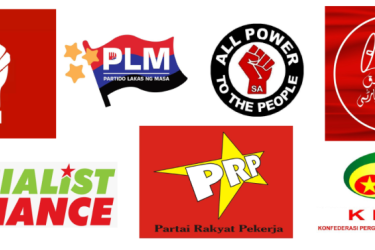
Asian left: Stop the Turkish and Iranian war against the Kurds
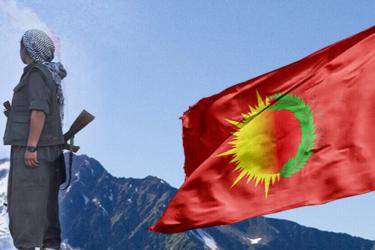
Kurdistan Women's Freedom Party (PAJK): Kurdish people will not give up their struggle at any price
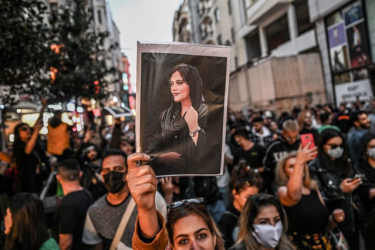
Women, Life, Liberty: A protest promising a revolution to end all oppression and exploitation
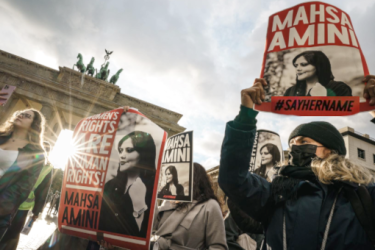
Rhythm of revolution in Iran: In the name of Zhina (Mahsa) Amini
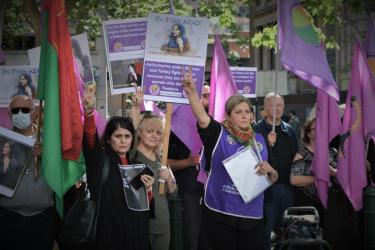
Asian left in solidarity with mass protests in Iran

The life uprising in Iran, imperialism, and international solidarity